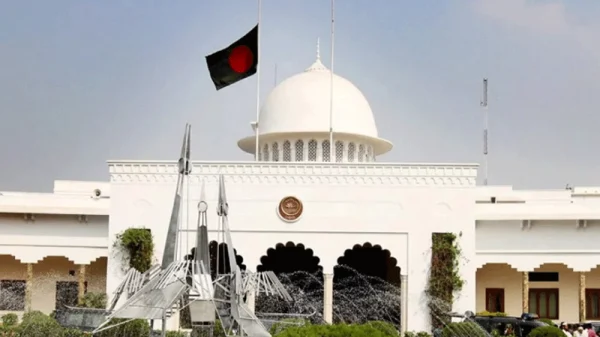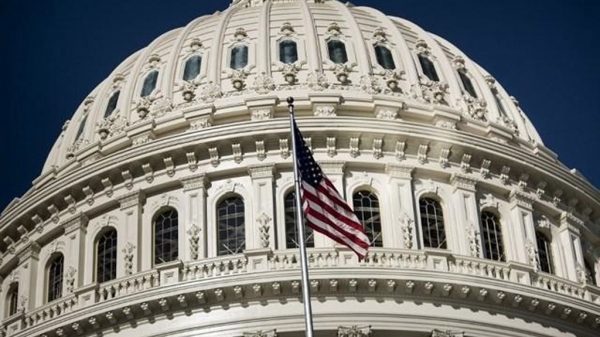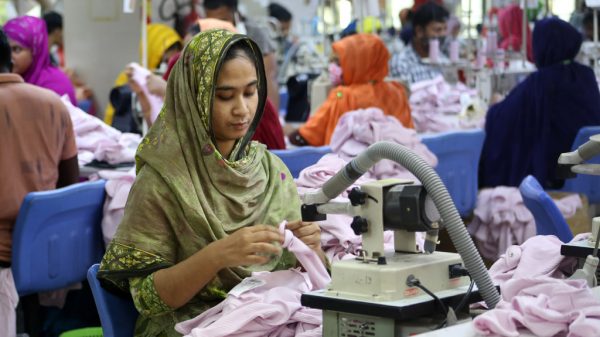Export ban creating global food insecurity

Shawdesh desk:
The recent export restrictions imposed by various nations on food and fertiliser are driving up food costs and fostering market instability, adding to the worries of import-reliant countries, especially developing ones such as Bangladesh, experts warn.
As per the Food Export & Fertilizer Restrictions Tracker developed by David Laborde of the International Food Policy Research Institute (IFPRI), 37 nations have trimmed food product exports since the outbreak of the Russia-Ukraine conflict.
At present, 19 countries maintain a ban on the exports of 25 different food products. China and Ukraine, two key players in the industry, have restricted the export of phosphate rock and nitrogenous fertilisers.
These restrictions are not without significant consequences. “The global fertiliser market has been stumbling from record-high prices, reducing fertiliser use and declining food production,” warns renowned agricultural economist, Professor ASM Golam Hafiz.
He elaborates, “This is also escalating the food production costs in developing countries. Simultaneously, import-dependent nations are grappling with a food security crisis coupled with higher food and fertiliser prices.”
Countries like Bangladesh are witnessing a sharp rise in the prices of essential items such as wheat, rice, edible oil, and various spices due to these import restrictions.
Key commodities including wheat, rice, corn, vegetable oil, beef meat, onions, pasta, apples, and various other items fall under the restriction list.
Russia and Ukraine, the primary wheat exporters, have been severely hit by the war, triggering a substantial hike in wheat prices. Nations such as India, Kosovo, Afghanistan, and Georgia have followed suit, imposing bans on wheat and other food exports due to the crisis.
Details from the IFPRI show that India, the world’s largest rice exporter, responsible for over 40 percent of global rice exports, has imposed bans on several food products such as broken rice, sugar, wheat, wheat flour, semolina, and maida.
Recent monsoon rains led the Indian government to add non-basmati white rice to the list, causing a 15-20 percent rise in rice prices since September 2022.
This action had a direct impact on key buyers of Indian non-basmati rice, including Bangladesh, resulting in a price increase of Tk 2-3 per kg in the country.
The situation is severe, as agricultural economist Dr. Jahangir Alam Khan points out: “The export ban has created instability in the food security of developing countries like Bangladesh. Bangladesh imports around 6 million tonnes of wheat, 2-2.5 million tonnes of maize and one million tonnes of rice each year.”
As prices continue to soar, the urgency for effective strategies to counter this instability grows.
According to Dr. Khan, “The government should take extra measures to ensure a good harvest from the next Aman and Boro seasons to increase the country’s food basket.”























Leave a Reply